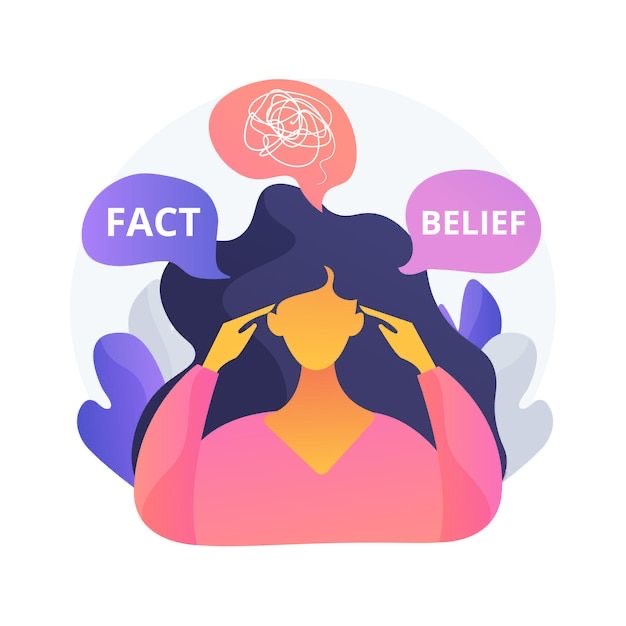Why We Justify Bad Decisions: Understanding Cognitive Dissonance

Ever felt that nagging discomfort after making a choice that goes against your values? That uneasy tension isn’t just in your head—it’s a well-documented psychological phenomenon called cognitive dissonance.
Cognitive dissonance refers to the mental and emotional discomfort we experience when our actions, beliefs, or values are in conflict. It often shows up when we behave in ways that contradict what we believe to be right or true.
For example, someone who values health but smokes might feel an internal conflict. The mind naturally wants to resolve this mismatch—this dissonance—so we end up finding ways to justify our behavior, even if the reasoning is flimsy.
But why do we do this?
Our brains are wired to seek consistency. When faced with contradictions between what we do and what we believe, it triggers stress. To relieve this psychological pressure, we might:
- Change our beliefs (“Maybe smoking isn’t that harmful.”)
- Change our behavior (Quit smoking.)
- Rationalize the conflict (“I only smoke when I’m stressed, and that helps me cope—so it’s okay.”)
This self-justification process often happens without us even realizing it. It allows us to protect our self-image and avoid feelings of guilt or hypocrisy. In everyday life, cognitive dissonance plays a huge role in the decisions we make—from the food we eat, to the way we vote, to how we navigate relationships.
It also explains why we sometimes double down on poor decisions, even when we know better. Admitting a mistake can feel like an attack on our identity, so instead, we twist the narrative to make ourselves feel better about it.
So, how can we deal with cognitive dissonance?
Awareness is key. The next time you catch yourself justifying something that doesn’t sit right, pause and reflect. Ask:
- Am I being honest with myself?
- Is this behavior aligned with my core values?
- What can I do to reduce this internal conflict in a healthy way?
By recognizing dissonance when it arises, we can make more conscious, value-aligned choices—and that’s a powerful step toward personal growth.



Comments (0)